Alcohol Use Disorder (AUD) is not just a fancy term you find in medical books – it's a serious problem that many people around the world struggle with every day. When someone has AUD, they find it really hard to control how much they drink, keep drinking even though it causes them problems, and feel sick when they try to stop.
This issue can affect anyone, no matter who they are, how old they are, or what gender they identify with. In this blog post, we want to take a closer look at what AUD really means, how it can change someone's personal and social life, and ways to deal with it effectively. By following along with John's story, we hope to dig deeper into the reasons behind this disorder, including the thoughts and feelings that can lead to it. We'll also talk about how important it is to prevent a return to drinking once someone has started on the path to recovery.
What Alcohol Use Disorder Really Means
Alcohol Use Disorder, or AUD, happens when someone relies too much on alcohol and can't control how much they drink, even when it causes problems with their health, relationships, or job. It's not about being weak but a mix of things like biology, thoughts, and social influences. It can come in different levels, from a little issue to a serious one. Signs can include:
- Drinking more than planned or for a longer time
- Trying but failing to drink less
- Spending lots of time drinking or getting over its effects
- Really wanting alcohol
- Ignoring duties because of drinking
A Story: Meet John
Meet John, a 35-year-old dad who works in an office. Back when he was in his 20s, John would occasionally have a drink or two with friends. Gradually, however, those casual drinks turned into a daily habit of heavy drinking.
As time passed, John started to miss work, grow distant from his family, and his job performance suffered. Although he knew that alcohol was causing problems in his life, he found it impossible to give it up. Despite his efforts to quit several times, he was consistently dragged back into drinking by withdrawal symptoms such as trembling, sweating, and anxiety.
The Impact of Alcohol Use Disorder
The consequences of having Alcohol Use Disorder (AUD) can be really severe, affecting not only your health but also your social life, financial situation, and job prospects. When someone struggles with AUD, their overall well-being can take a major hit, impacting various aspects of their life in a very negative way.
Social Dysfunction
Social dysfunction occurs when someone's alcohol use disorder (AUD) affects their relationships in a negative way. For example, John's drinking led him to drift apart from his wife, lose contact with friends, and skip important family events. This pattern is common among individuals with AUD, who often find themselves dealing with strained marriages, lost friendships, and feelings of loneliness. The impact of alcohol misuse on personal connections can be highly detrimental, leading to emotional isolation and social alienation.
How Drinking Too Much Can Mess Up Your Job and Wallet
John had a serious drinking problem that messed up more than just his health. It started to mess with his job, too. His boss noticed that he was showing up late or not at all, missing important work deadlines, and producing lower-quality work overall. This led to his job being in jeopardy and, in turn, a decrease in how much money he was bringing in.
It's not just John. People who struggle with alcohol use disorder (AUD) often find themselves in a similar situation-- risky job situations, lower income, and financial trouble. When someone isn't performing well at work due to their drinking habits, they run the risk of losing their job or taking a pay cut. This can create a whole lot of financial stress and instability.
And it's not just personal. AUD can actually have a big impact on society as a whole. The costs add up - billions of dollars are spent on healthcare to treat alcohol-related issues, productivity at work is lost, and law enforcement has to deal with the consequences of alcohol-related incidents. So, when someone's drinking starts affecting their job and finances, the ripple effects can be felt far beyond just their own life.
Alcohol Addiction: Why is it Difficult to Stop Drinking?
When it comes to struggling with alcohol addiction, the key is to look into how alcohol affects our brains. Take John as an example: whenever he drank alcohol, it caused a surge in dopamine, a chemical in the brain that makes us feel good and rewarded. As John continued to consume alcohol regularly, his brain adapted to its presence. This adaptation made it tough for John to experience pleasure and reward without drinking alcohol. This is one reason why it can be so challenging for individuals to break free from the grip of alcohol dependence.
How Alcohol Affects Your Brain
When you have a drink, alcohol messes with different parts of your brain that use chemicals called neurotransmitters to communicate. Here's how it works:
1. Dopamine System: Alcohol messes with your brain's dopamine system, which is responsible for making you feel good. Initially, alcohol can boost the release of dopamine, giving you that instant feeling of pleasure. However, when you drink a lot over time, your brain's reward system can get hijacked, leading to cravings for more alcohol and even dependence.
2. GABA and Glutamate: Alcohol also messes with two other neurotransmitters called GABA and glutamate. GABA helps to calm your brain down, while glutamate is important for thinking clearly and remembering things. Alcohol can enhance the effects of GABA, making you feel more relaxed, but it also suppresses glutamate, which can affect your thinking and memory. As a result, your brain might start depending on alcohol to keep these systems in check.
3. Withdrawal and Tolerance: If you keep drinking, your body can get used to it. This means you might need more alcohol to feel the same effects you used to get from just a little bit. And when you try to cut down or quit, you might experience withdrawal symptoms like shaking, sweating, and feeling anxious, which can make it tough to stop drinking.
Why Some People Are More Likely to Develop Alcohol Use Disorder (AUD)
Alcohol Use Disorder (AUD) is a condition where a person has difficulty controlling their alcohol consumption and may continue to drink even when it causes problems in their life. While AUD can affect anyone, certain factors can increase the chances of someone developing the disorder.
- Genetics play a significant role in the likelihood of developing AUD. If someone has a family history of alcohol dependence, they are more at risk of developing the disorder themselves. This means that if alcoholism runs in your family, you may have a greater chance of struggling with AUD.
- Mental health issues such as anxiety and depression are also closely linked to AUD. It is common for individuals with these conditions to turn to alcohol as a way to cope with their symptoms. Unfortunately, this can make treating AUD more challenging, as the underlying mental health issues also need to be addressed.
- Cultural and social factors can also impact the likelihood of developing AUD. In societies where drinking is encouraged or where heavy alcohol use is normalized, the rates of AUD tend to be higher. This can create an environment where excessive alcohol consumption is seen as acceptable, leading to a higher risk of developing the disorder.
For example, John's upbringing in a family where alcohol use was common and his struggle with anxiety made him more vulnerable to developing AUD. The combination of genetic predisposition, mental health issues, and cultural factors increased his risk of developing a problematic relationship with alcohol.
Psychological Theories of Addiction: Why Some People Have a Harder Time with It
Addiction is more than just a biological problem; psychological factors also play a significant part. Different theories can help us understand how addiction develops and continues, which is useful for finding effective treatment.
1. Cognitive-Behavioral Theory: suggests that people form beliefs about how alcohol affects them. For instance, John started thinking that alcohol helped ease his anxiety and stress. This belief led him to drink whenever he felt overwhelmed. Eventually, he learned to associate drinking with feeling better temporarily. For example, whenever John felt stressed at work, he would turn to alcohol as his go-to solution. This pattern became his automatic response to stress over time.
2. Social Learning Theory explains that people learn by watching and copying the actions of others around them. For instance, if a person is raised in a place where drinking alcohol is seen as normal, they are more likely to start drinking themselves. Let's look at John's case: John was raised in a family where drinking a lot was common. He watched his dad drink to deal with stress, and that influenced his own drinking habits.
3. The Self-Medication Hypothesis suggests that some individuals turn to things like alcohol to cope with mental health problems like anxiety or depression. For example, John started drinking to calm his nerves, but it ended up making his anxiety even worse. As he drank more, his anxiety intensified, leading to a harmful cycle of dependence.
Lapse and Relapse: Knowing and Avoiding setbacks
Recovering from alcohol use disorder (AUD) isn't straightforward - sometimes you may slip up or return to old habits. It's crucial to grasp these ideas and learn how to steer clear of them.
Differences Between Lapse and Relapse:
- A lapse is when someone briefly starts drinking again after not drinking for a while. It could just be a one-time thing and doesn't mean they're back to their old drinking habits.
- A relapse is when someone goes back to drinking regularly after trying to stop. It usually happens when they're feeling very stressed or when they can't handle their triggers well.
John went through both lapses and relapses on his journey. Each time, he figured out more about what triggers him and how to stay away from them in the future.
Preventing Relapse
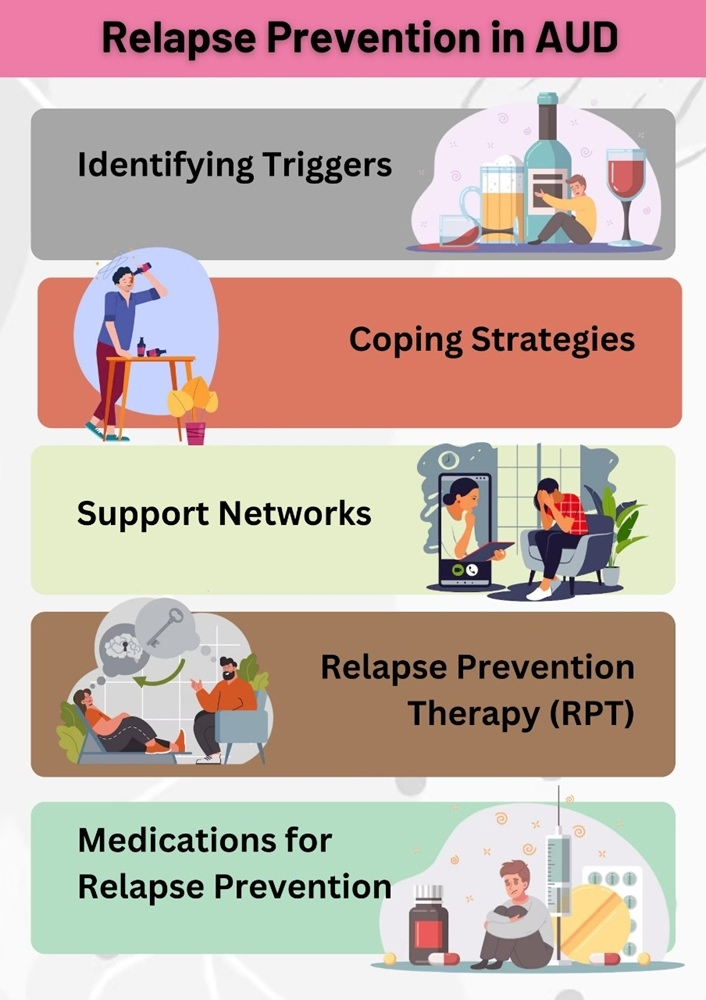
Avoiding going back to old habits means knowing what makes you want to do it and coming up with ways to deal with those feelings. Here are some simple tips to help you prevent relapse:
1. Spotting Triggers: These can be things like feeling stressed, certain situations where there's alcohol around, or being in a particular mood. For example, John was most likely to want a drink when he was feeling the pressure at work or when he was at gatherings where people were drinking.
2. Handling Tough Times: Therapists can help you learn different ways to handle stress or strong emotions, like practicing deep breathing, focusing on the present moment, or getting active.
3. Lean on Others: Having people around you who can support you, whether they're family, friends, or part of a group like Alcoholics Anonymous, can keep you on track. John found it helpful to talk to his support group whenever he felt like having a drink.
4. Special Therapy Techniques: There's a unique kind of therapy called Relapse Prevention Therapy that can teach you how to stay strong and avoid going back to old behaviors. This includes learning how to deal with feelings, managing your emotions, and staying motivated to stick with your decision to stay clear of alcohol.
5. Using Medication: Some medications, such as naltrexone or acamprosate, can help lessen the urge to drink, making it easier to resist the temptation to relapse.
Treatment for AUD: A Path to Getting Better
The good news is that Alcohol Use Disorder (AUD) can be treated. Treatment may involve therapy, medications, or a mix of both. Let's look at the most common options.
- Therapy: Therapies like Cognitive Behavioral Therapy (CBT) are important in helping people understand and change their drinking habits. For example, CBT helped John figure out his triggers (like stress and anxiety) and find healthier ways to deal with them instead of turning to alcohol.
- Medications: There are several medications that can help with managing cravings and withdrawal symptoms:
- Naltrexone: This drug blocks the pleasant effects of alcohol, reducing the desire to drink.
- Acamprosate: Helps balance the brain chemistry and decreases cravings after stopping drinking.
- Disulfiram: Causes unpleasant reactions such as nausea and headaches when alcohol is consumed, acting as a discouragement.
John's doctor gave him naltrexone, a medicine that helped him control his urges and stay focused on getting better. It's important to have support from society and rehabilitation programs during recovery. For John, being part of support groups was really important. Being around people who knew what he was going through kept him motivated and responsible. Having support from the community and friends is a big part of staying on the right track for a long time.
Ending Note: A Message of Hope
If you or a loved one is facing problems with alcohol, know that there is help out there and it is possible to get better. John's story is just one example among many, but with the right help, encouragement, and drive, it is possible to overcome alcohol issues. Alcohol problems don't have to control your life - by starting the journey towards recovery, you can pave the way for a brighter, healthier future.
TAGS: What is the alcohol use disorder?, what are the impact of alcohol use disorder?, what is neurobiology of alcohol dependence?, how alcohol affects the brain?, risk factors of AUD, psychological theories of addiction?, what are the steps of relapse prevention?
Disclaimer:
All characters and events depicted in this blog are entirely fictional. Any resemblance to actual persons, living or dead, is purely coincidental. The content is intended for informational purposes only and should not be considered as medical advice. Always consult a qualified healthcare professional for medical concerns.
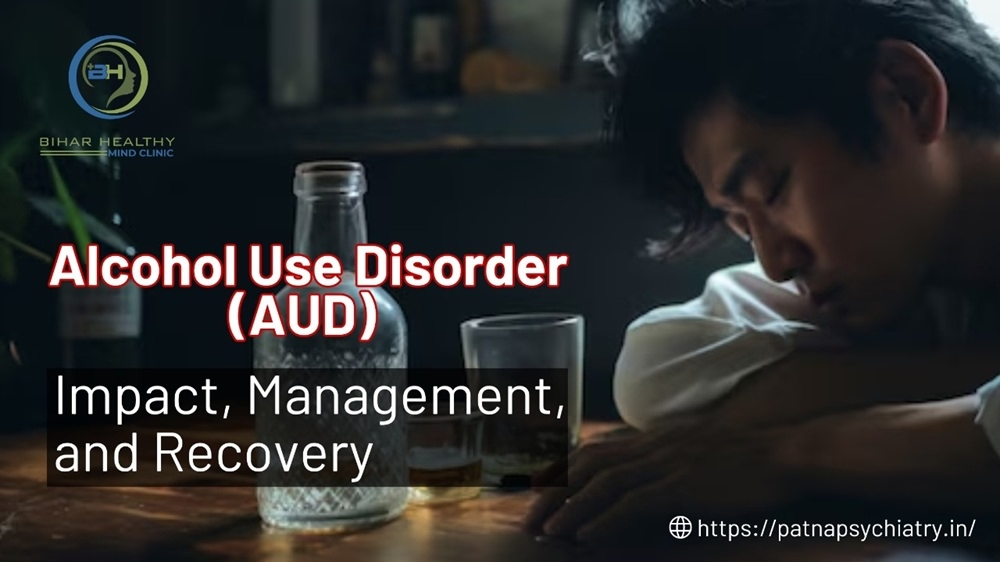

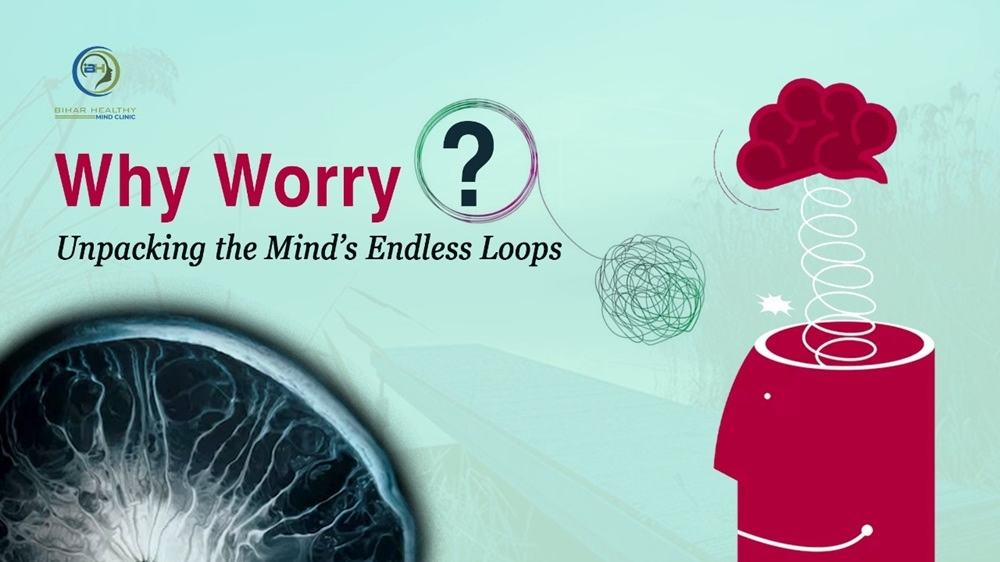
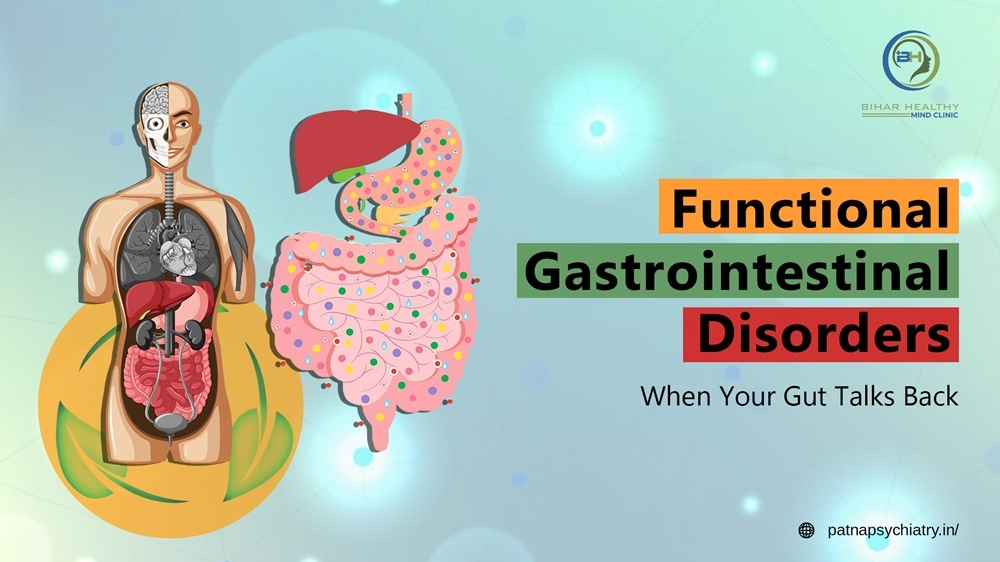
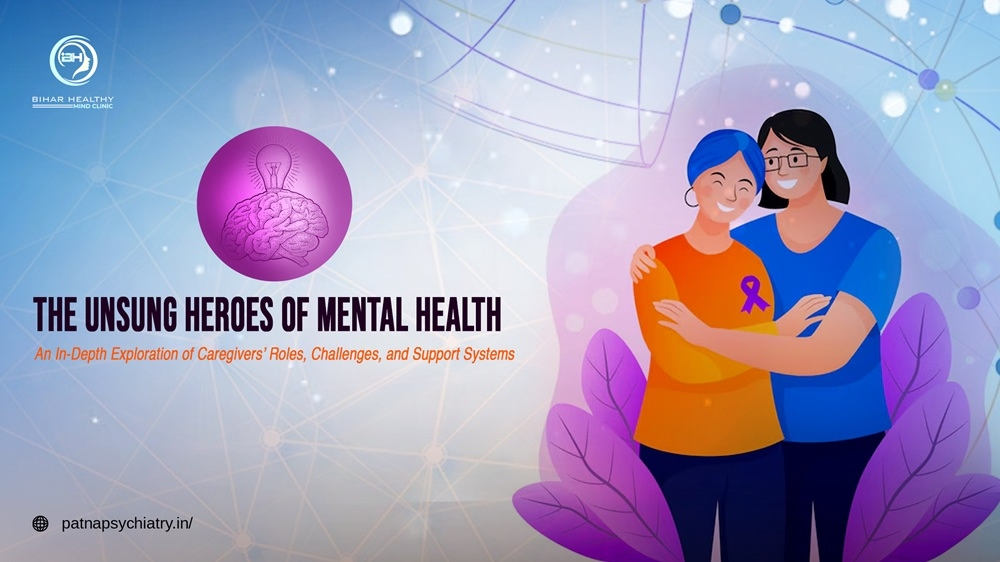
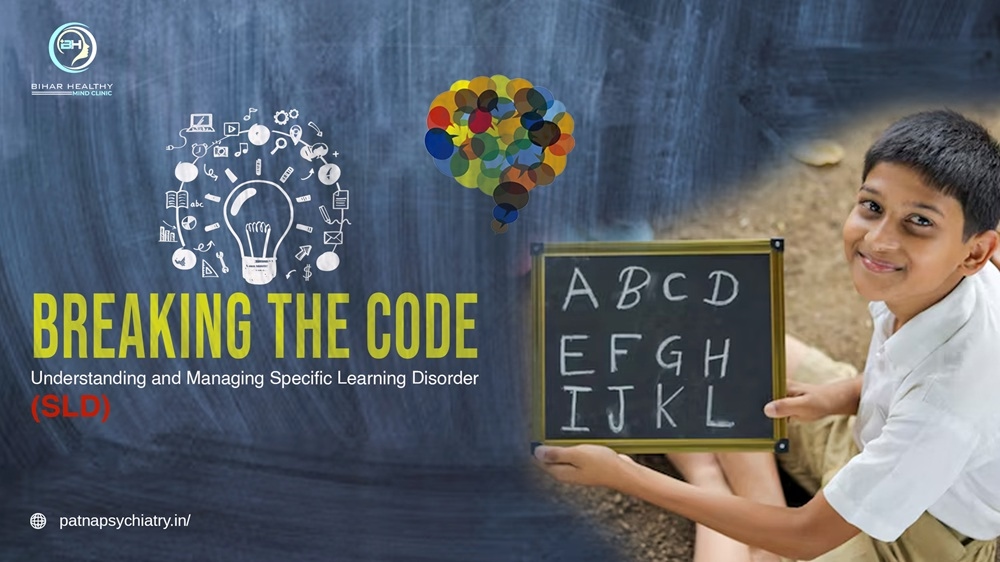
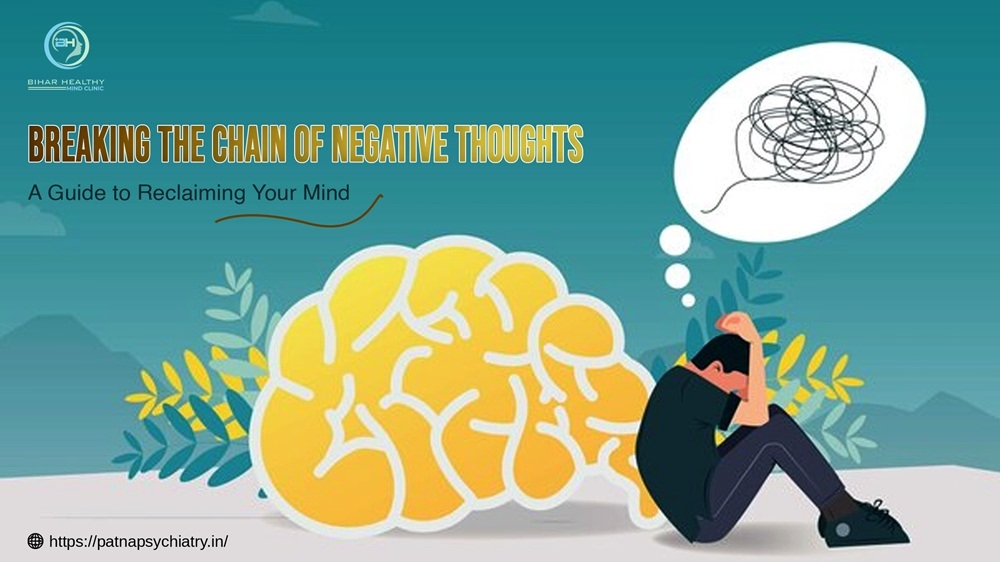
good blog.